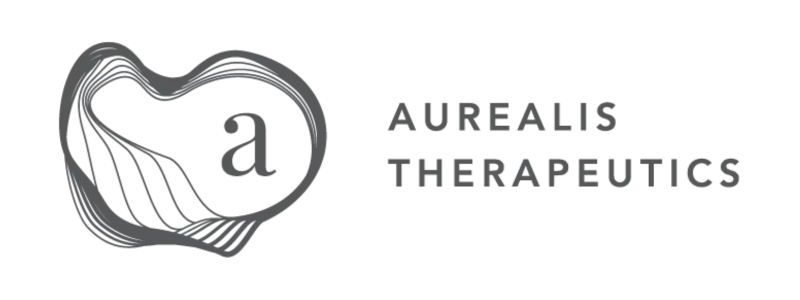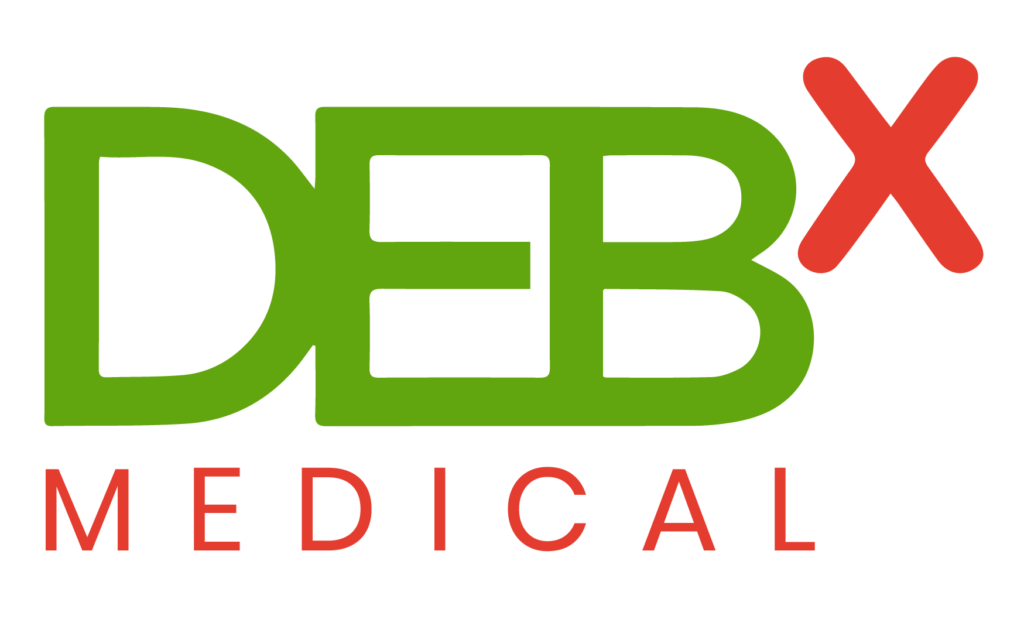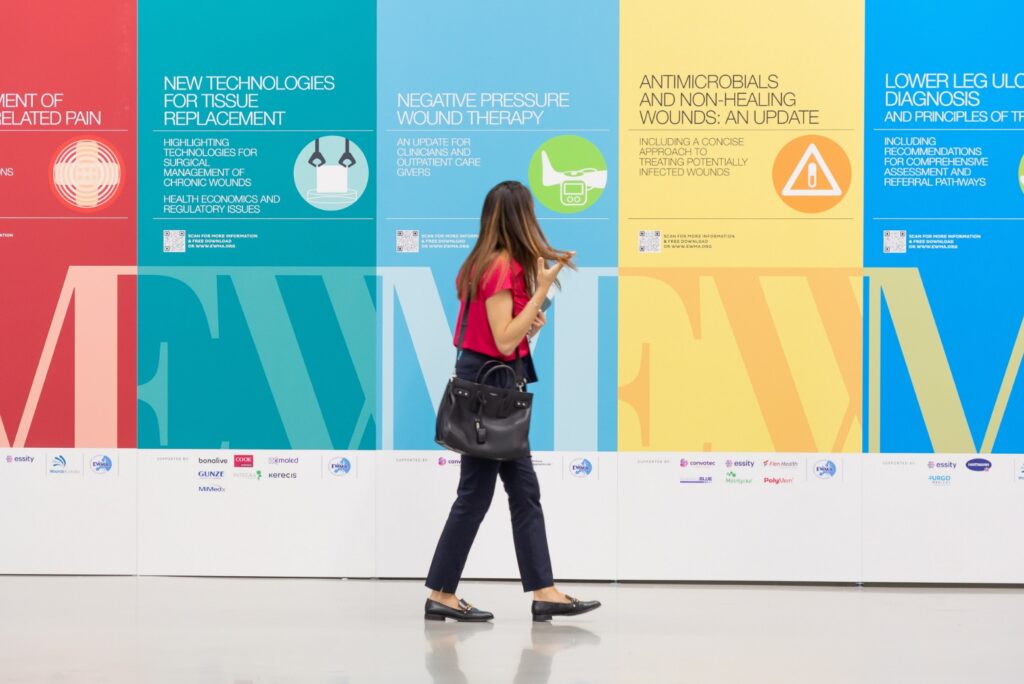Committees
networks & groups
EWMA committees and groups engage a large number of professionals in different areas related to wound management. All are working towards the same goal: To support high quality wound management for individuals with complex wounds.
Read more about the EWMA committees and the important work they do here.
The Coop Org Liaisons Group & Cooperating Organisations Board

Members
- Sebastian Probst, Immediate Past President (Chair)
- Ana Lamza, Croatia
- Battistino Paggi, Italy
- David Pérez Barreno, Spain
- Tania Sontos, Portugal
- Corinne Scicluna, Malta
Description of Work
The Cooperating Organisations Liaisons Group (COLG) consists of those members of the EWMA Council who are elected by the Cooperating Organisations Board. They are responsible for activities related to EWMA’s collaboration with the cooperating organisations and EWMA activities involving these organisations.
The Cooperating Organisations Board is made up of representatives from all the cooperating organisations of EWMA. EWMA maintains a regular communication with these representatives. The board meets once every year, at the Cooperating Organisations Board meeting held during the annual EWMA Conference, to discuss current topics of mutual interest or relevance, and to elect members of council from the cooperating organisations.
Journal of Wound Management, Editorial Board

Members
- Georgina Gethin (Editor), Ireland
- Kirsi Isoherranen (Editor-in-Chief), Finland
Description of Work
The Journal of Wound Management (JWM) is the official journal of EWMA. The JWM Editor is responsible for the journal and the JWM Editorial Board.
The JWM Editorial Board is responsible for defining the overall content line and strategy of the journal. The three annual publications of the JWM (April, July and October) are coordinated by the EWMA Secretariat in collaboration with the JWM Journal Editor.
Patient Liaison Group

Members
- Evelien Touriany, Belgium (Chair)
- Mark Collier, UK
- Georgina Gethin, Ireland
- Luc Gryson, Belgium
- Ana Lamza, Croatia
- Sebastian Probst, Switzerland
- Joan-Enric Torra-Bou, Spain
Description of Work
The objective of the EWMA Patient Liaison Group is to develop and maintain guidance information for patients with non healing wounds, to strengthen the involvement of the patient and their relatives in the wound management. The Patient Liaison Group also works to ensure that patients are aware of their rights to treatment and aims to support equal access to high quality wound management across Europe.
EWMA Scientific Committee

Members
EWMA
- Andrea Pokorná, EWMA, Scientific Recorder
- Dimitri Beeckman, EWMA
- Kirsi Isoherranen, EWMA
- Sebastian Probst, EWMA
- Valentina Dini, EWMA
- Ewa Stürmer, EWMA
- Elena Conde Montero, EWMA
EWMA-GNEAUPP 2025
- José Verdú Soriano, GNEAUPP
- Pedro Pancorbo-Hidalgo, GNEAUPP
- Joan-Enric Torra Bou, GNEAUPP
- Melina Vega, SEHER
- Manuel Gerónimo, SEHER
EWMA-DEWU 2026
- Joachim Dissemond, ICW, WUND-A-CH
- Cornelia Erfurt-Berge, ICW
- Julian-Dario Rembe, WUND-A-CH
- Martin Storck, DWR
Description of Work
The EWMA Scientific Committee is responsible for the organisation and planning of the scientific conferences of EWMA. In particular this committee is responsible for designing the scientific programme of the conferences, including the selection of focus topics and speakers as well as evaluation of abstracts.
EWMA Education Committee

Members
- Paulo Ramos, Portugal (Chair)
- Samantha Holloway, United Kingdom
- Pedro L Pancorbo-Hidalgo, Spain
- Evelien Touriany, Belgium
- Beata Gress Halasz, Slovakia
- Elena Conde Montero, Spain
- Corinne Scicluna, Malta
- Ana Lamza, Croatia
- Damien Pastor, Switzerland
- Paul Bobbink, Switzerland
- David Pérez Barreno, Spain
Description of Work
EWMA has focused on supporting good education in wound management since the initiation of the Educational Development Project in October 2000.
The aims of the committee are to produce a flexible framework for the delivery of interdisciplinary wound management education across Europe, to accommodate national variations in health care provision and to raise the profile of wound care in a variety of health care settings.
The activities within education are coordinated by the EWMA Education Committee.
Translational Research Committee

Members
- Alexandra Marques, Portugal (Chair)
- Dimitri Beeckman, Belgium
- Andrea Pokorná, Czech Republic
- Luc Téot, France
- Ewa Stürmer, Germany
Description of Work
This committee supports EWMA’s vision to accelerate translational research by bringing together all stakeholders involved in wound care, including academics, researchers, policy makers, clinicians, caregivers, and industry leaders. Primary aims of the committee are to shorten the time it takes for a new product to be available to patients, identify unmet clinical needs, and to link basic/applied research with clinical practice to support the development of new technologies and therapeutic options.
Why translational research
Translational research takes scientific discoveries made in the laboratory, clinic or field and translates them into new treatments and approaches that improve population health. Basic and applied research is leading the way in developing new diagnostic and treatment modalities. Up till now, many of the treatments and approaches to wound care are not based on fundamental knowledge of the wounds to which they are applied. Also, increasing understanding of wound healing mechanisms and the specifics of each wound type or stage of healing has not been accompanied by corresponding advances in new diagnostic and treatment technologies. This suggests that the process of translating research findings into clinical interventions – translation – needs to change.
Translational Research covers two areas:
Applying new findings from preclinical studies to clinical trials leading to new technologies and treatments.
Developing current evidence and cost-effectiveness data on available treatment strategies to help identifying and select the best products and procedures.
EWMA believes that translational research promotes the multidirectional and multidisciplinary integration of basic, applied, patient-oriented, and population-based research, with the long-term goal of improving population health.
Objectives
To act as a platform for discussion between laboratory, clinical, researchers, industry, policy makers and patients and to accelerate dialogue on new wound therapies based on science and with the patient in mind;
To stimulate networking among those involved in wound care and to encourage participation and consultation of an interdisciplinary team in the development and testing of new ideas/projects/technologies at an early stage.
To make recommendations for the evaluation of health technologies at various levels and report of the results, contributing to the implementation of standardization, consensus, and guidelines.
To work with regulatory agencies to raise awareness of challenges related to the development of wound care products and existing testing methods and protocols.
To work with EU policy makers to highlight the need for further investment in wound care research and help redefine the research roadmap.
Diabetic Foot Committee

Members
- José Luis Lázaro Martínez, Spain (Chair)
- Ana Lamza, Croatia
- Vladimira Fejfarová, Czech Republic
- Klaus Kirketerp-Møller, Denmark
- Katariina Noronen, Finland
- Carolyn Macintosh, Ireland
- Chiara Goretti, Italy
- Marco Meloni, Italy
- Alberto Piaggesi, Italy
- Natália Santos, Portugal
- José Ramón March, Spain
- Jan Apelqvist, Sweden
- Magdalena Annersten Gershater, Sweden
- Cecilia Morgantini, Sweden
- Maria Iakova, Switzerland
- Prash Vas, UK
- Paul Chadwick, UK
- Armin Koller, Germany
Description of Work
Objectives
- Support the implementation of the IWGDF Guideline across Europe
- Define the gaps between recommendations and clinical practice in selected regions across Europe
- Initiate and support projects aiming to reduce these gaps
- Support improved prevention of wounds across sectors
- Support rehabilitation after amputation
- Maintain and renew a strong network of DFU specialists (To ensure pan-European collaboration, e.g., in research activities and data collection
- Support education in DFU management
The Diabetic Foot Committee is a new EWMA Committee which is established in 2023.
The primary aim of the committee will be to support the implementation of the IWGDF diabetic foot ulcer guidelines across Europe and to support increased research in the prevalence and management of the diabetic foot.
One of the implementation strategies that will be used to support guideline implementation across Europe is the Diabetic Foot Valley concept. You can find a short case description of the concept here.
Read more about the activities here.
The Diabetic Foot Committee is sponsored by:
The EWMA Wound Centre Endorsement Committee

Members
- Hubert Vuagnat, Switzerland (Chair)
- Magdalena Annersten Gershater, Sweden
- Luc Gryson, Belgium
- Andrea Pokorná, Czech Republic
- Paulo Ramos, Portugal
- Tanja Planincek Rucigaj, Slovenia
Description of Work
The committee responsible for the programme includes health care professionals (RN and MD) with a specialisation in wound management, substantial experience within the field of wound management and/or experience in developing/evaluating wound care centres in different European countries.
EWMA Patient Outcome Group

Members
- Kirsi Isoherranen (EWMA President), Finland
- Sebastian Probst (EWMA Immediate Past President), Switzerland
- Industry representatives from the EWMA Corporate A sponsors
Description of Work
The EWMA Patient Outcome Group (POG) was created in 2008. Members of the group have a clinical scientific background, including both clinicians and representatives from companies working within wound healing.
The overall objective of the group is to address topics such as structure of treatment as well as the quality of traditional clinical trials and evidence in wound care. The group is concerned with the approval and reimbursement of wound care services including the regulation of patient access to high quality wound management.
Objectives
- Identify barriers to implementation of evidence based guidelines in wound healing
- Develop or identify guidelines for clinical investigations in wound care
- Participate in the public debates and address policy making on pan-European and national level
- Create and implement consensus (in collaboration with clinicians, companies, reimbursement authorities, European collaborative groups and institutions) on various aspects of wound management
EWMA GP Network

Members
- Kirsi Isoherranen, Finland (Chair)
- Kirsti Ahmajärvi, Finland
- Sara Magalhães, Portugal
- Tomi Ranta, Finland
- Karine Majchrzak, Switzerland
- Catherina De Los Angeles Rodas Krause, Chile
- Daphne Hazell, UK
- Stephen Yelland, UK
- Maria Zarate, Mexico
- Tamara Sinožić, Slovenia
- Bajrang Singh, UK
Description of Work
The EWMA GP Network was established in August 2023. The network works to increase the involvement and interest of General practitioners (GPs) in wound management. GPs are very important healthcare professionals in wound care, often serving as the initial point of contact for patients. Their role in wound care includes the crucial aspects of wound diagnostics and the implementation of a holistic approach. By collaborating within multidisciplinary teams, GPs ensure that patients receive comprehensive and coordinated care, essential for the success of wound healing and relapse prevention.
Why join the EWMA GP Network?
One of Kirsi Isoherranen’s aims as the president of EWMA is to focus on timely and correct diagnosis of wounds, and after right diagnosis, to the holistic care of the patients. To support this aim, EWMA has established a network of GPs involved in wound management.
Why join the EWMA GP Network?
• Gain access to a network of GPs passionate about wound management
• Exchange knowledge, experiences, and best practices
• Collaborate on wound care projects and initiatives
• Enhance your professional development
How to get involved?
If you are a GP with a passion for wound management and are interested in becoming a part of the EWMA GP Network, please contact aa@ewma.org.
EWMA Young Wound Experts Group
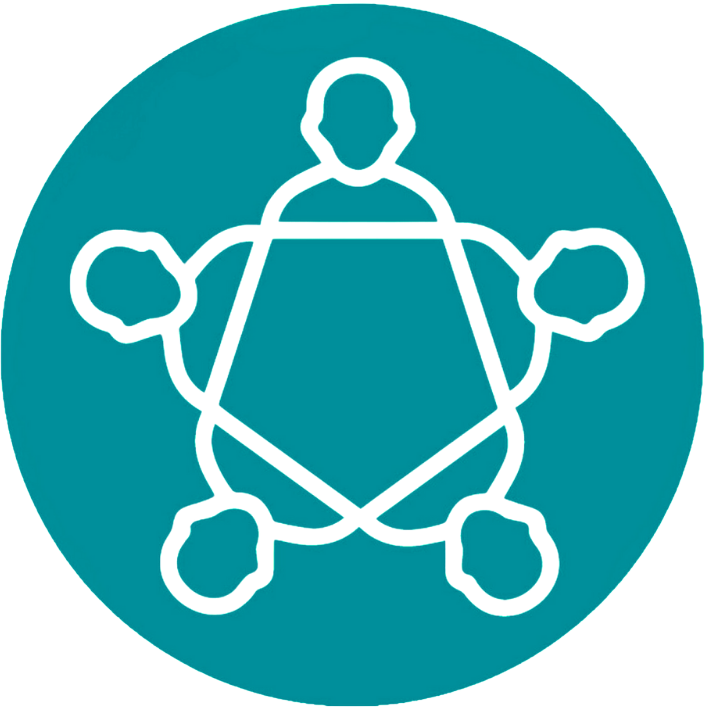
Members
The group is open for wound experts in the early stages of their career, who are eager to connect with colleagues to collaborate and learn from each other.
Description of Work
This is a new group which will have it’s introductory meeting during the EWMA 2025 Conference in Barcelona, 26-28 March 2025. The group is multidisciplinary and open for experts in wound management in the early stages of their career who wishes to meet with other early-in-careers colleagues from across Europe to discuss opportunities within the field of wound management and jointly explore ways to contribute to the continued development of high quality treatment and care for individuals with non-healing wounds across the world.
Meetings will be arranged during the EWMA Conferences and online.
